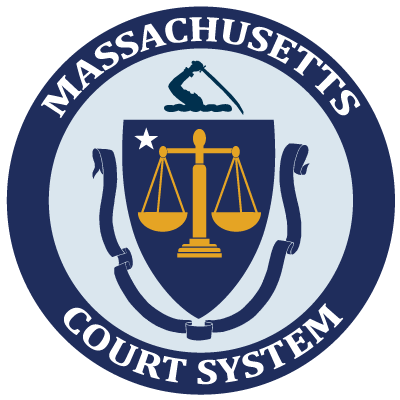- Massachusetts Court System
- Executive Office of the Trial Court
- Boston Municipal Court
- District Court
- Housing Court
- Juvenile Court
- Land Court
- Probate and Family Court
Media Contact
Jennifer Donahue and Erika Gully-Santiago
BOSTON, MA — In accordance with the Order issued today by the Supreme Judicial Court, from March 18, 2020 until at least April 6, 2020, Massachusetts courts will be closed to the public, except to conduct emergency hearings that cannot be resolved through a videoconference or telephonic hearing. Individual clerks' offices will be open to accept emergency pleadings, to address questions and to assist with videoconference or telephonic hearings.
As directed in that Order, each of the Trial Court departments has issued a new standing order to specify what constitutes an emergency matter. The new standing orders are available on the court’s website. Individual standing orders should be consulted for the specific types of emergency matters that will be heard in each court department.
In addition, persons who have a previously scheduled hearing, whether emergency or non-emergency in nature, during the time of the court closure as ordered by the Supreme Judicial Court, should contact the appropriate Clerk’s, Clerk Magistrate’s, Register’s or Recorder’s office for instruction. Contact numbers for individual courts and offices can be found online on the Courthouse Locator page.
"We are in uncharted territory for state judicial systems, and we are working to continue to deliver justice to all individuals while striving to keep the public, court users and our employees safe," said Trial Court Chief Justice Paula Carey. "In these unprecedented times, we intend to listen, learn and adjust as necessary to accomplish our objective to deliver justice and to keep all safe. I am extraordinarily proud of those who work in the Trial Court who have tirelessly done their jobs in the face of this pandemic. I know that they will continue to do so."
The individual Standing Orders are linked below:
- Boston Municipal Court
- District Court
- Housing Court
- Juvenile Court
- Land Court
- Probate and Family Court
- Superior Court
Updates regarding the court's response to the COVID-19 pandemic are available on the court's website.
###
###
